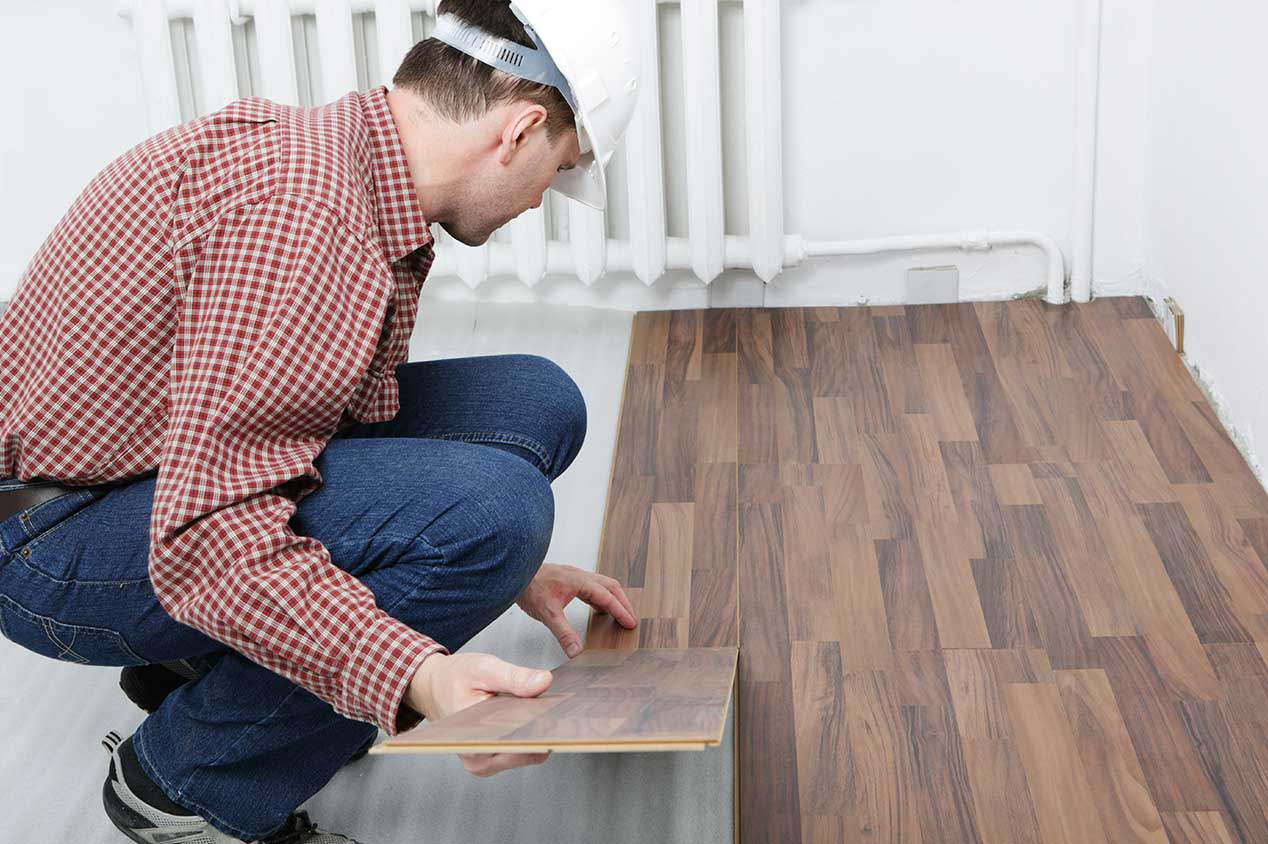Are you sick and tired wondering wondering to yourself: what are the pros and
cons of vinyl plank flooring? Find out more about it here!
Beautiful flooring can rejuvenate or accentuate any living space.
One of the most beloved types of flooring that is famous for having this effect is hardwood.
New home builders opt for this classic style to emulate the elegance and charm of an old home. However,
hardwood’s price tag and fragility have caused many to turn to its durable and affordable counterpart:
vinyl.
In this article, we break down the pros and cons of vinyl plank flooring to help you make your home–
building (or remodeling) dreams come true!
Vinyl Plank Flooring: What Is It?
Vinyl plank flooring originated in the 1970s.
It contains a synthetic plastic polymer, Polyvinyl Chloride, and resembles the intricate texture of
hardwood. It gets cut into planks and installed inside of buildings and homes.
Pro: There Are Lots of Options
Luxury vinyl plank flooring comes in lots of color and texture options.
Every color available in traditional hardwood such as oak, cherry, and maple among others is also
available in vinyl. Even colors that do not exist naturally in hardwood are available in vinyl, from white to blue to black. The appearance of a grain texture is also customizable.
Pro: It Is Easy to Install
Vinyl flooring is also very easy to install. It requires no pads and contours to the shape of the floor
beneath, so installing vinyl plank flooring is easier to install than hardwood.
Because it weighs less than hardwood, it is also easier to transport in larger amounts.
Pro: It Is Waterproof and Soundproof
Vinyl is incredibly durable:
Liquid cleaned up in a reasonable amount of time will not damage vinyl plank flooring
Sound-muffling properties and flooring backing also makes vinyl soundproof
Additives in vinyl flooring make its outer layer unmalleable and scratch-resistant
Pro: It Is Cheaper Than Its Alternatives
Vinyl plank flooring is cheap compared to its alternatives.
Because it is synthetic and not sourced from a limited natural supply, it is significantly cheaper than
hardwood.
A trip to Lowe’s vinyl plank flooring section as well as Home Depot’s vinyl plank flooring section compared to the hardwood section makes this clear.
For the best value in luxury vinyl flooring, check out the cheap, high-quality products offered at
https://www.reallycheapfloors.com/blog/what-is-luxury-vinyl-plank-flooring/.
Con: It Doesn’t Increase Resale Value
It’s uncommon, but vinyl flooring can turn away some traditional builders and renovators.
Though it won’t decrease a home’s resale value, it probably won’t increase it either.
Con: It Can Become Discolored
Vinyl can also become discolored after prolonged exposure to sunlight. Fading can occur in areas
constantly exposed to high-intensity light sources.
However, this happens with most kinds of flooring and is not a problem specific to vinyl.
Con: It Is Not Repairable
Another downfall of vinyl flooring is the fact that it is unrepairable, unlike traditional hardwood.
Although hardwood does require more maintenance, it is restorable and can look virtually new for
decades to come— vinyl cannot.
While it is low-maintenance and durable, for this reason, it might not last as long as hardwood if both are cared for to the same extent.
Is Vinyl Plank Flooring Worth It?
So, is it a good idea to install vinyl flooring? Given all of the points we have listed above, we think so.
Ultimately, though, the best flooring to choose depends on your preferences.
If you choose to go with luxury vinyl plank flooring, we hope you feel informed and confident in your
decision! For information about other home-renovation topics, check out the Home and Decor section of our blog!
See also: Home Decorate




